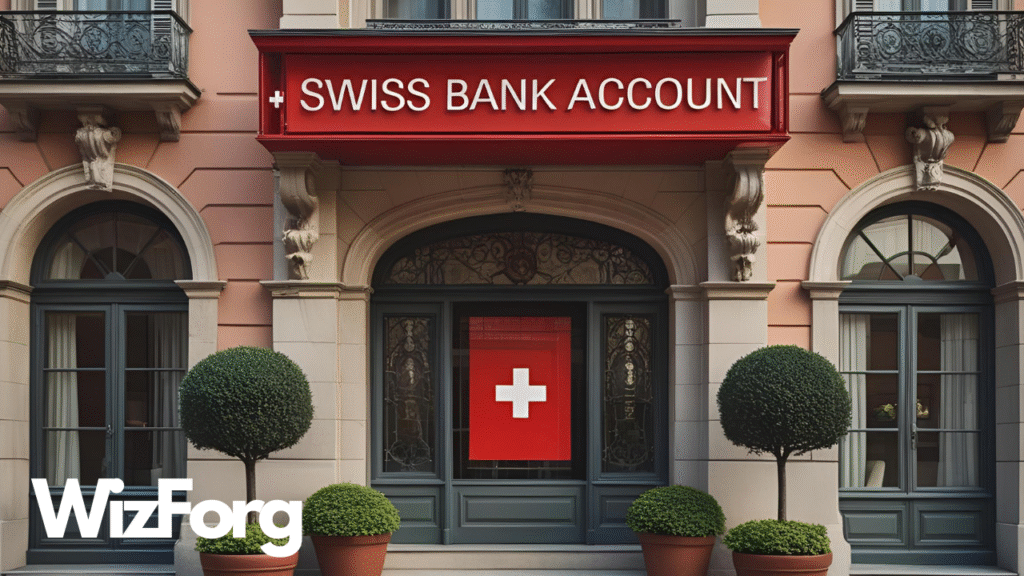For decades, Swiss bank accounts have held a captivating allure, shrouded in mystery, prestige, and even scandal. From secretive codes and anonymous numbers to stories of dictators hiding fortunes, the term “Swiss bank account” often evokes images of hidden wealth and legal grey areas. But what’s the real reason behind their legendary secrecy—and why does it cause so much global debate?
A Reputation Built on Privacy
Switzerland’s banking secrecy laws date back to the Swiss Banking Law of 1934. This law made it a criminal offense for banks to disclose the identity of account holders. The goal wasn’t to protect criminals—it was to safeguard personal privacy in a country that values discretion. At the time, it provided wealthy individuals—especially those residing in unstable political regions—a secure place to store their money without fear of it being seized or taxed unfairly.
Numbered Accounts and Anonymous Clients
One of the most famous aspects of Swiss banking is the “numbered account.” Instead of using your name, you’re identified by a number or code. Only a few senior staff in the bank know your identity. This extra layer of anonymity helped build the reputation that Swiss banks will protect your privacy at all costs.
However, it’s not absolute. Even numbered accounts still require legal identification during setup—Swiss banks aren’t blind to who their clients are. They don’t advertise it.
Why It Became Controversial
With privacy came abuse. Over the years, Swiss bank accounts have been linked to:
- Tax evasion by wealthy individuals
- Money laundering and organized crime
- Hidden assets from dictators, oligarchs, and corrupt officials
As global pressure increased, especially after the 2008 financial crisis, governments began cracking down on offshore banking. The U.S. launched investigations into Americans hiding assets in Swiss banks, forcing some institutions to pay billions in fines and reveal client information.
Secrecy Isn’t What It Used to Be
Today, the era of total secrecy is over. Under international agreements, such as the Common Reporting Standard (CRS), Switzerland now shares financial information with over 100 countries. American citizens are also subject to FATCA, a U.S. law requiring foreign banks to report American account holders. This shift towards transparency should reassure those concerned about the past abuses of Swiss bank accounts.
Modern Swiss banking still values discretion, but transparency is becoming the norm.
So Why Do People Still Use Swiss Banks?
Despite the controversies, Swiss banks remain a global financial hub for legitimate reasons:
- Political and economic stability
- Sophisticated wealth management services
- Multilingual financial experts
- High standards of security and compliance
For many, the appeal of Swiss banks lies not in their ability to hide money, but in the trust and reliability they offer in safeguarding it.
Final Thoughts
Swiss bank accounts are no longer the opaque vaults they once were, but the legacy of their secrecy still lingers. While they offer top-tier financial services, they’ve had to adapt to a world that demands greater transparency. Yet, the fascination with their reputation for privacy—earned or not—continues to endure.
Craving more financial deep dives and global money mysteries? Visit wizforg.com for more articles like this.



